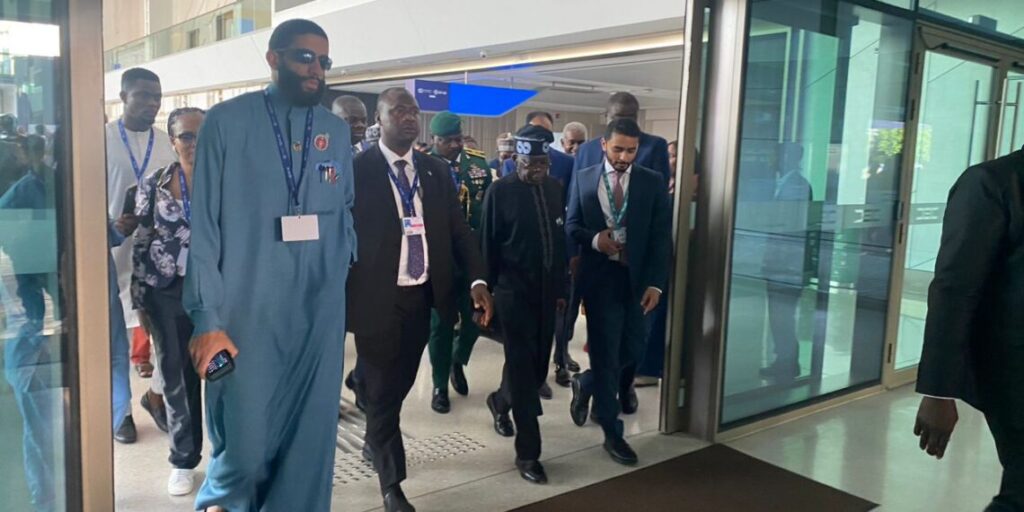
In a twist of reality, Nigeria, a lower-middle-income economy ranked 165th in GDP per capita globally, managed to register the third-highest number of delegates at the 28th Session of the Conference of the Parties (COP28) for the United Nations Framework Convention on Climate Change (UNFCCC) in Dubai, trailing only behind the host country, the United Arab Emirates, and Brazil.
Despite its lower-middle-income status, according to the World Bank, the government of Bola Tinubu pulled off a shocking move, assembling a delegation of over 1411 delegates for the Dubai rendezvous. The sheer size of Nigeria’s delegation, with a GDP per capita of $2,184 and a staggering debt estimate of 87.38 trillion naira, has left many questioning the motives behind such an extensive representation on a foreign trip and its cost implications.
The delegation’s composition raised questions about Nigeria’s diplomatic and economic strategies. While the country actively seeks foreign investors, the paradox of spending lavishly on international trips, especially in times of economic challenges, becomes evident. The inclusion of celebrities like Toke Makinwa , friends and relatives of Bola Tinubu has fueled the debate on the true purpose and necessity of such large delegations.
Comparative analysis with other nations further highlights the peculiarity of Nigeria’s approach. Developed economies like Germany, the United States, and the United Kingdom, with significantly higher GDP per capita figures, opted for much smaller delegations. The UK, for instance, with a GDP per capita of $46,510, attended with less than half the number of delegates Nigeria brought to Dubai. These are the very countries that Nigeria frequently courts for funding and investment opportunities.
In contrast, lower-middle-income economies like Honduras, Cameroon, and Cambodia demonstrated restraint, with delegate numbers well below the 200-mark. Algeria showed up with a mere 33 delegates, while Cape Verde, another lower-middle-income nation, sent only 26 representatives. While Brazil, the second on the list, has a GDP of $1.6 trillion and a GDP per capita of $7,507.
The nation’s seemingly incongruent strategy of actively seeking international investments while conspicuously spending on grand delegations may leave potential partners questioning the government’s financial discipline and strategic priorities. This stark contrast raises a crucial question: Is Nigeria sending the right signals to foreign investors?
Opinion Piece by Otunba Daniel


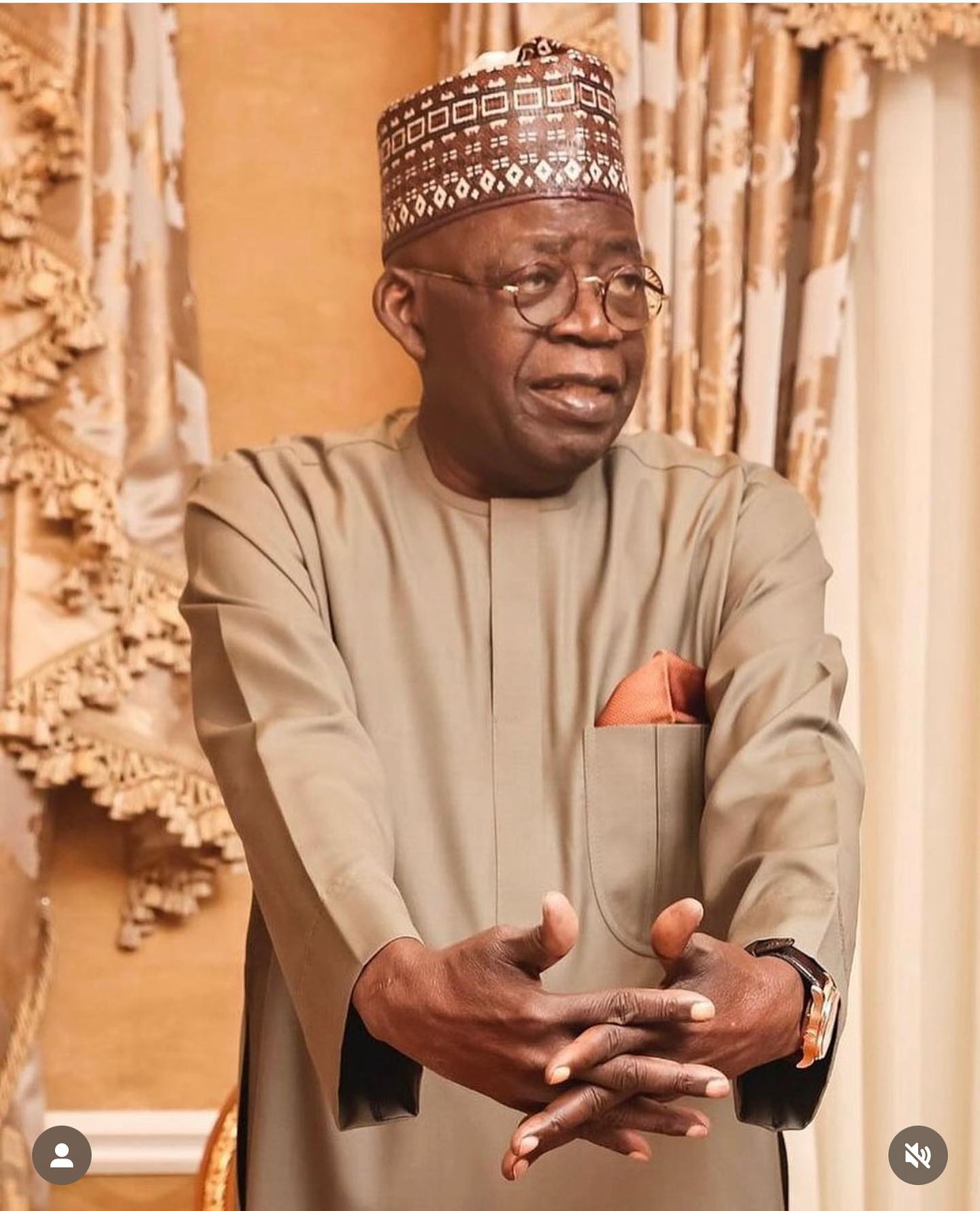
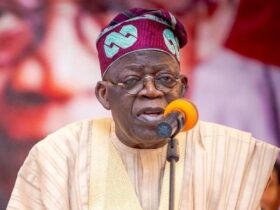
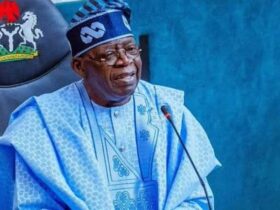
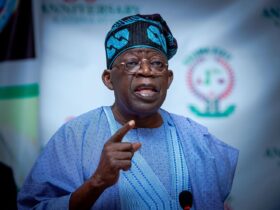

Leave a Reply